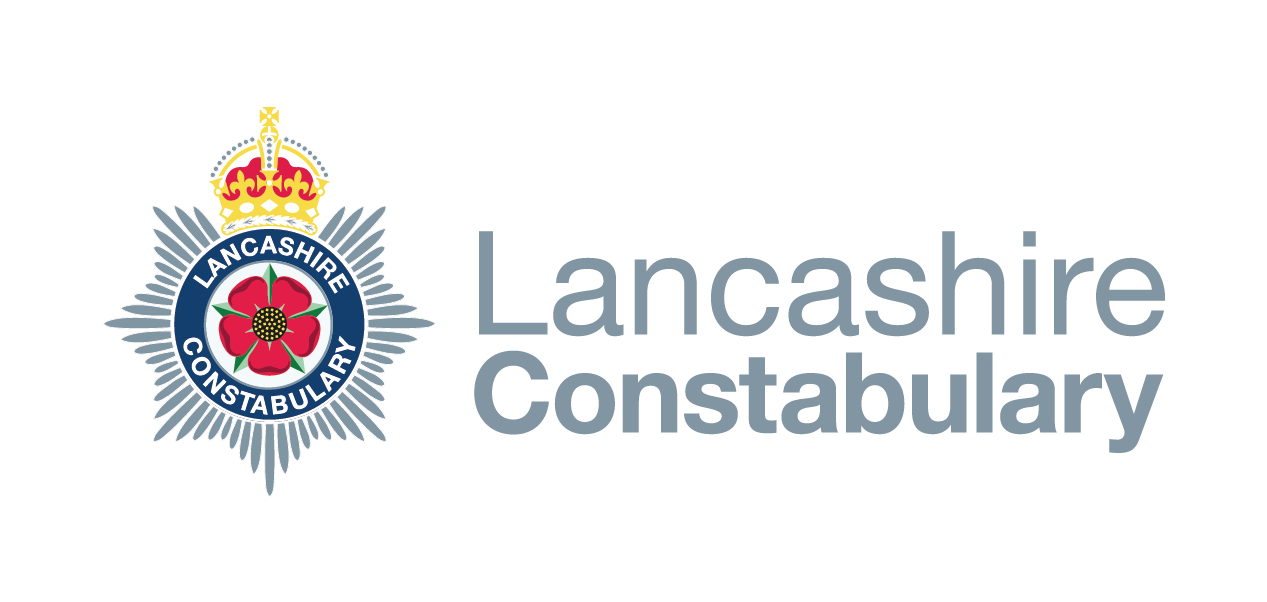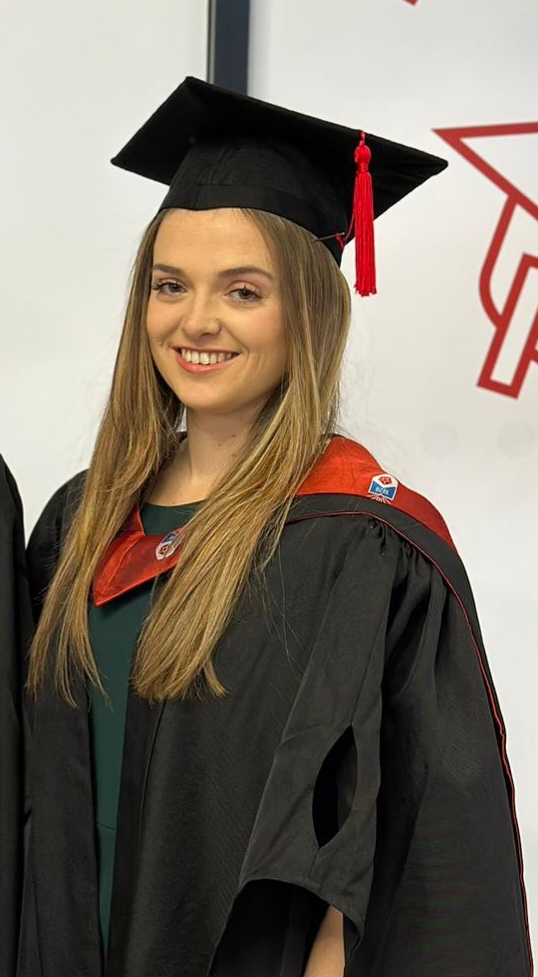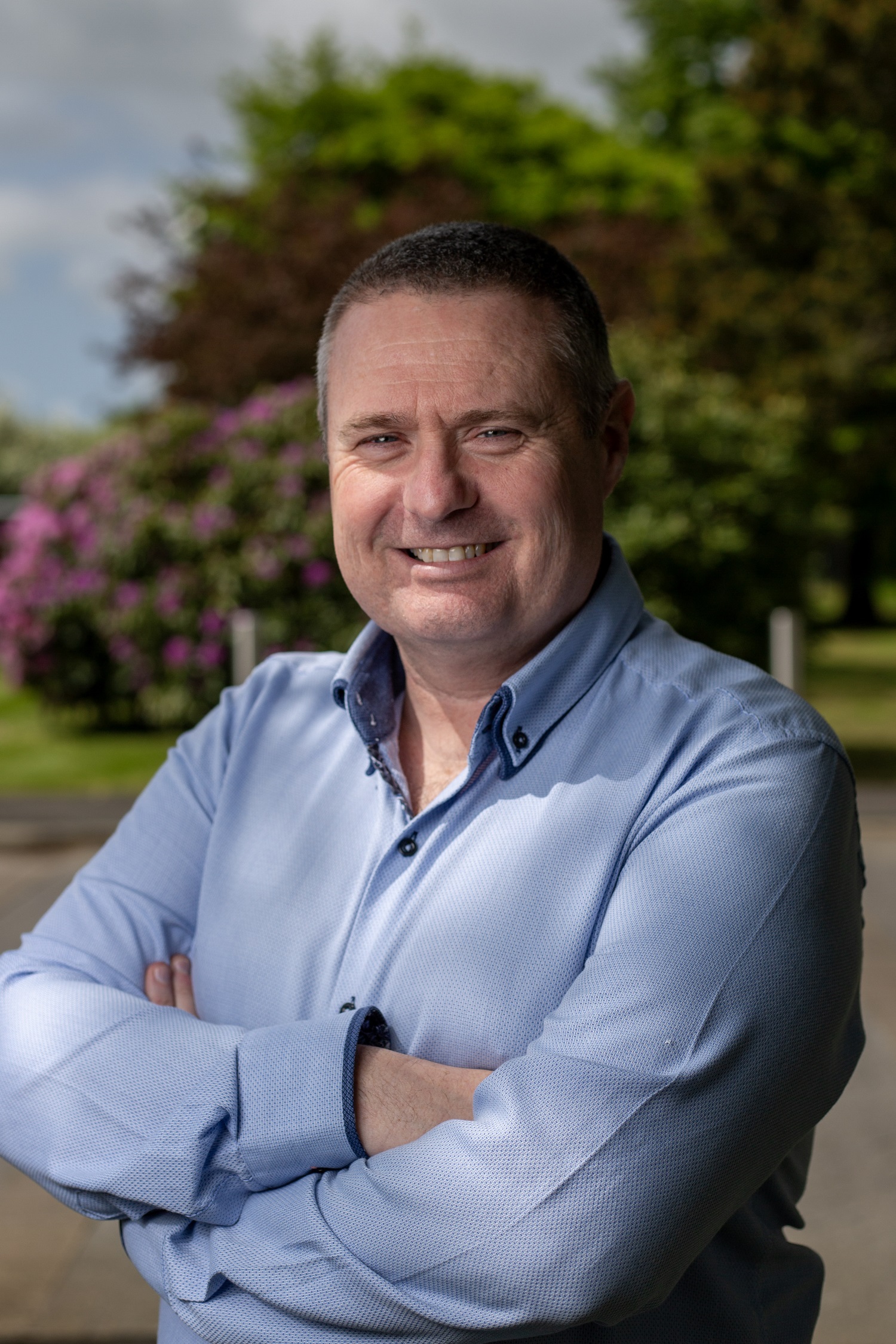MEDIA AND ENGAGEMENT
INTRODUCING MEDIA AND ENGAGEMENT
When the Constabulary needs to get a message out, it’s the Media and Engagement department who’ll do it. Whether it’s in an emergency like an urgent appeal, or part of a planned awareness and safety campaign, we communicate the message through channels including press, TV, social media and out-of-home advertising. We’re also responsible for communicating with more than 6,000 members of the Lancashire Constabulary team to make sure everyone is fully up to date and can deliver on our promise of ‘Preventing and fighting crime, keeping our communities and people safe’. It’s up to us to make sure the public is aware of all the amazing work done by our officers as well as communicating critical public safety messages.
MEET THE TEAMS
The Press Office supports our colleagues by communicating information about incidents which might be of interest or concern to the public and asking for information to help solve or reduce crime or disorder. The team also deals with media enquiries about live police activity, to reduce the burden on our front-line staff, as well as promoting the good work of officers and staff to the public.
The Internal Communications team exists to keep the whole of our force informed, giving them all the information they need to do their job effectively. The team creates, manages and delivers all internal communications, including the in-house communication channels.
This team takes the lead on communicating critical public messages and planning multi-channel marketing campaigns on issues like serious and organised crime, violence against women and girls, and antisocial behaviour. This work can be across the county but also supports national issues, working alongside colleagues from the Home Office, National Crime Agency, the College of Policing and National Police Chief’s Council.
Web, Creative and Content Production bring together skills including graphic design, photography, videography, and website production and maintenance to create engaging visuals to capture the attention of internal and external audiences. The team works to support all the other teams in the Media and Engagement department and across the force.
The Digital Communications team is responsible for managing our external digital communication channels including social media and our website. They create our social content, monitor inbound traffic, train officers on the best way to share good news stories and are responsible for maximising reach and engagement to create safe and confident online communities.
This team are assigned to defined areas of the county, also known as a BCU. They are responsible for promoting and communicating proactive policing initiatives that effect residents, businesses and visitors to their areas. This team work closely with the senior management teams within their defined locations, and work to promote the policing success in their area.
As part of public engagement, the Lancashire Policing Museum, that is based at Lancaster Castle, operates to promote the history of the organisation. This attraction includes preserving of historical artefacts, managing a team of volunteers and exploring a range of events and activities to engage the public.
Case Study
The Force has supported my development by paying for me to do my Level 6 Strategic Marketing course which developed my knowledge and skills, boosting what I’d learnt from a practical point of view in over 20 years in marketing and communications.
The best thing about working here is the people. In my opinion, we do what we do in the Lancashire Way – caring, sharing and with a focus on looking after each other.
The most interesting part of my job is meeting new people and understanding the views and feelings of our employees. I speak to every grade/rank, whether that is front line officers, staff members in an office all the way up to our chief officer team. Everyone has different views and ideas which are great to present back and evidence the work that I do.
When I applied for the Communications and Engagement Officer role there was a requirement to have a degree however I didn’t as I chose to go straight into the marketing industry, so after discussions and a successful interview I was supported through a degree apprenticeship. The course was a total of three years full time study as well as continuing full time in my role. I graduated in the summer of 2022 with a First Class Honours Degree in Digital Marketing, I learnt so much on this course at the same time as learning my new role but I was able to bring so many useful ideas into the team which we have adopted and put into daily work.
Case Study
As with all jobs in policing, no day is the same! I work a shift system as a press officer, so either start at 7.30am (early), 8.30am (mid shift) or 10am (late shift). I answer enquiries from both local and national media, write appeals for wanted people, missing from homes, put out press releases for outcomes from court cases and deliver training for officers on how to communicate with the media. The most interesting part about my role is the variety of the job – even on a daily basis. In the morning you could be supporting an appeal in a high profile investigation, in the afternoon training senior officers in how to conduct themselves in a press conference.
I’ve developed the various skills needed over the two years I’ve been here, in particular keeping up to date with media law and the different styles of writing needed for social media and traditional press releases. I have been supported to attend a six-day residential course for new press officers, various courses on media law, GDPR etc.
One of the most rewarding parts about my job is being involved with a case from the media appeal at the very beginning right through to reporting on sentencing.


